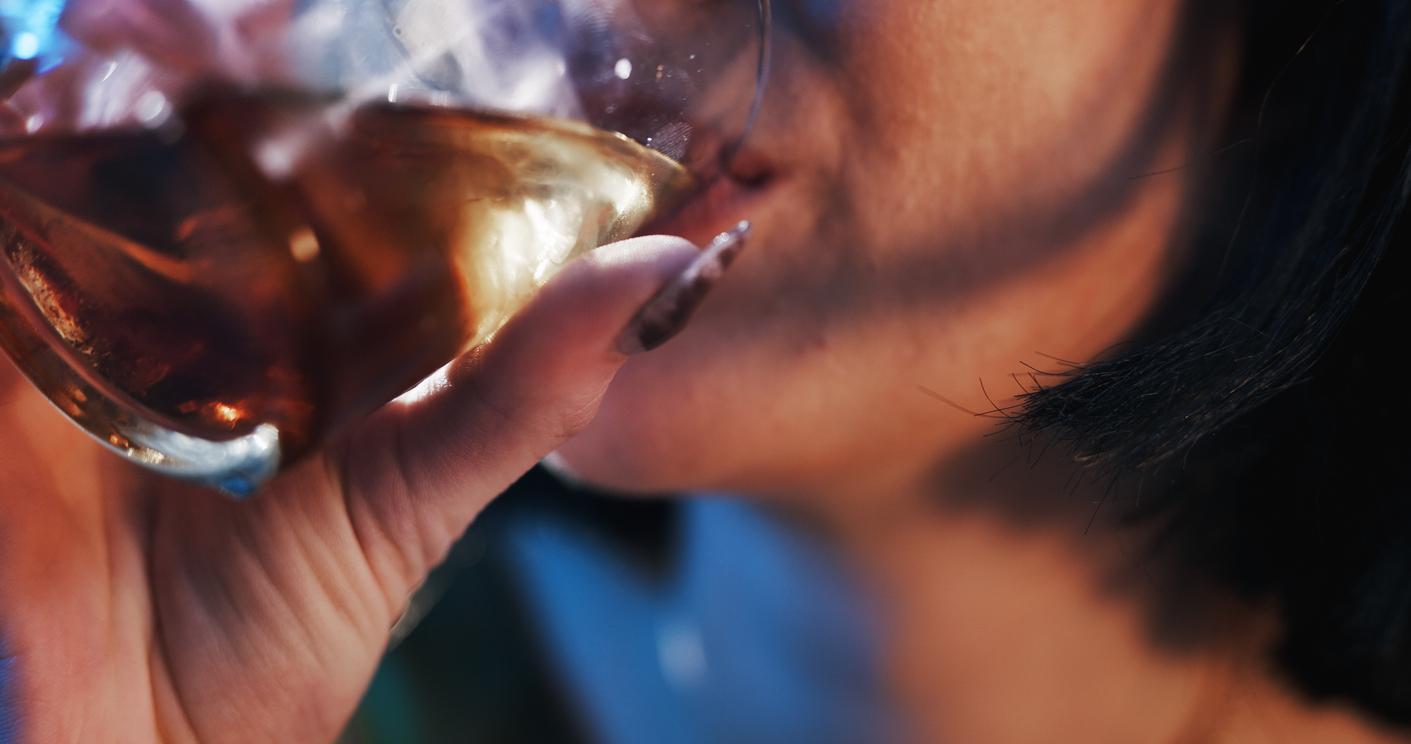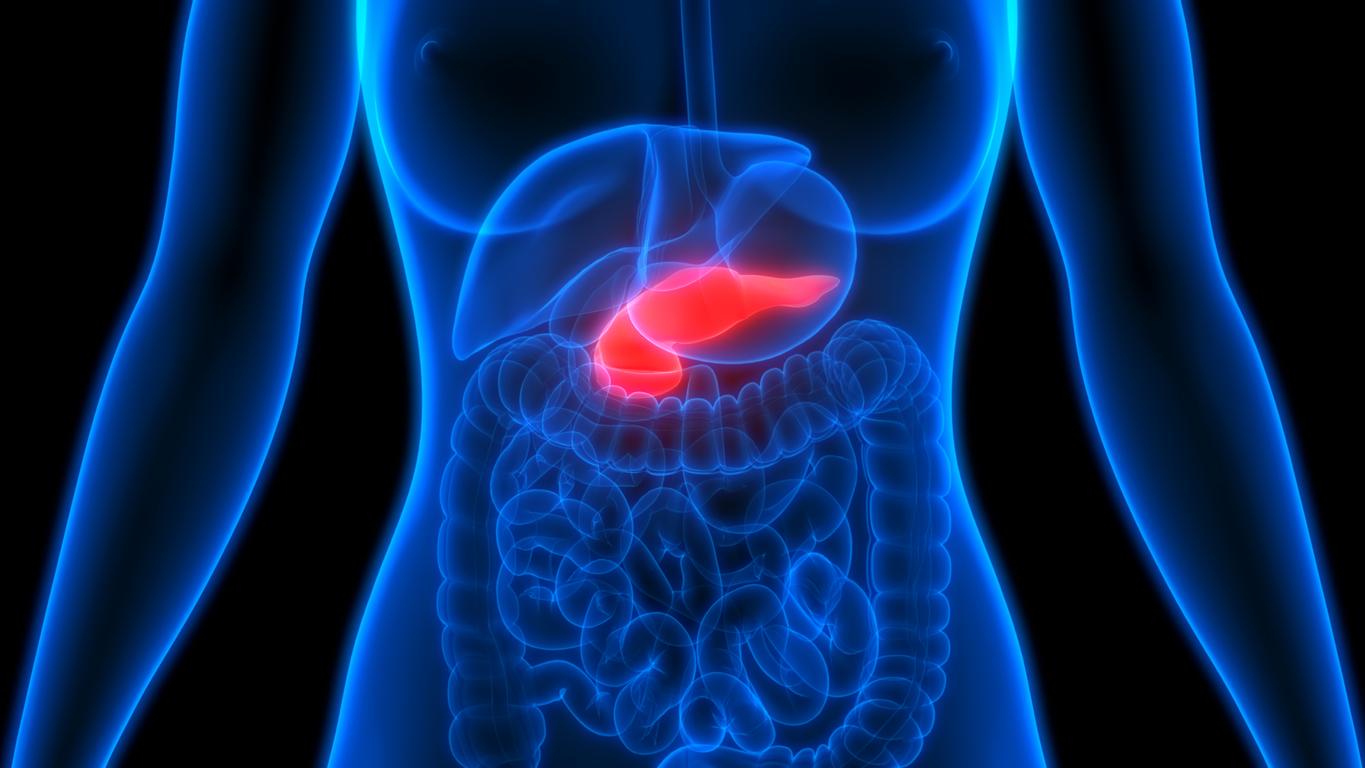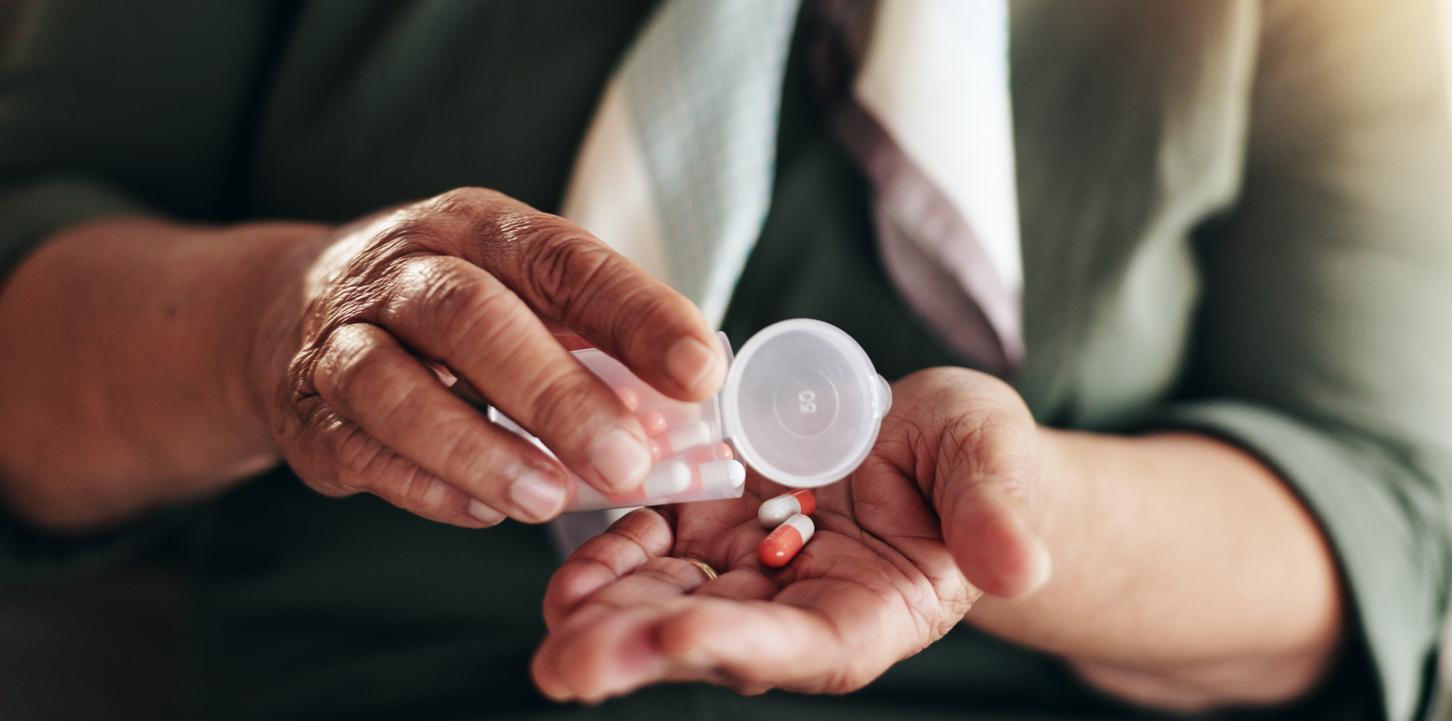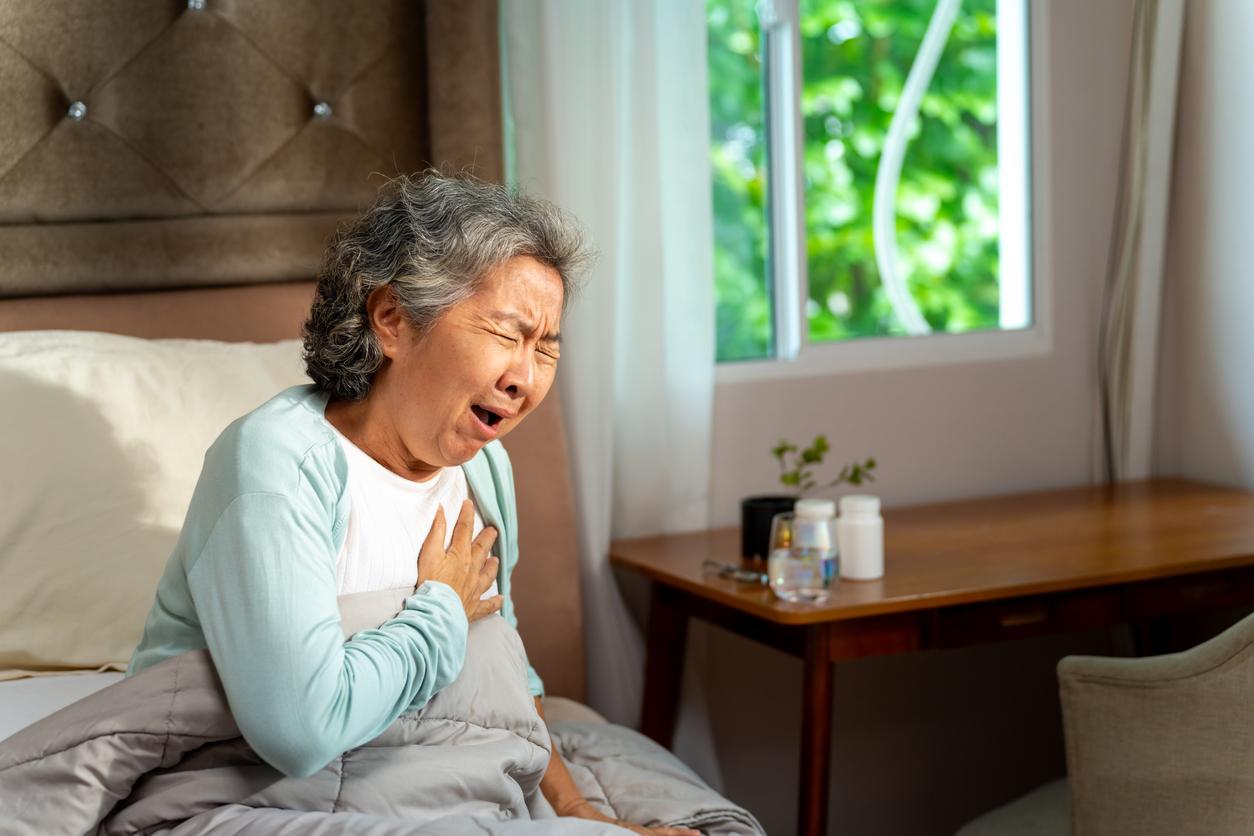According to the Academy, “the precautionary principle cannot justify a systematically alarmist attitude”. And to add: “To worry the opinion without proof is in no case a scientific and ethical step”.
The Academy of Medicine recalls that precautionary rules exist regarding the marketing and use of cosmetics for babies. Cosmetovigilance is provided by the French Agency for the Sanitary Safety of Health Products (Afssaps).
However, the Academy of Medicine recommends “appropriate and relevant research on the percutaneous absorption, metabolism, excretion and toxicity of the ingredients in cosmetics for young children”. This research would determine whether or not baby cosmetics can cause cancer in the long term.
For cosmetics manufacturers, she advises “to limit as much as possible the number of ingredients used in the composition of products used in infants and young children” and “to favor the most ancient ingredients known for their absence of toxicity to short, medium term and, if possible, long term ”.
The Academy issues other recommendations such as the admission in the composition of these products only substances whose absence of toxicity has been demonstrated, the reinforcement of cosmetovigilance and the clear mention of all the ingredients on the packaging.
















